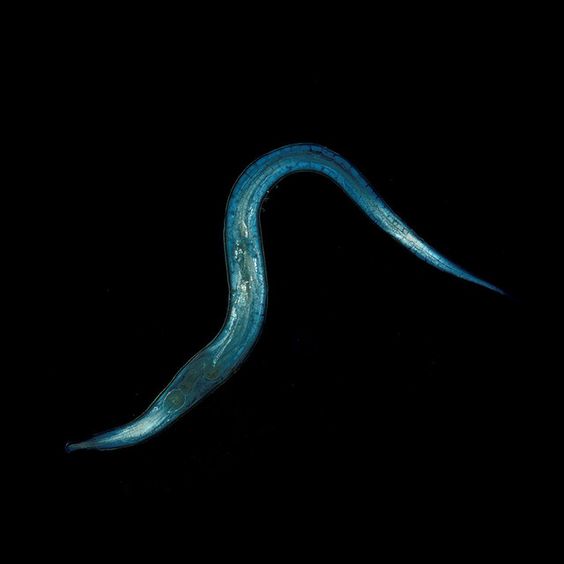Introduction
Pinworms, also known as threadworms, are small, white, parasitic worms that can live in the human intestines. They are particularly common in children, but anyone can get them. Pinworms are highly contagious and spread easily through contact with contaminated surfaces or objects.

While pinworms are not usually harmful, they can cause discomfort and itching around the anus, especially at night. Understanding the symptoms, causes, and treatments for pinworms is essential for effective management and prevention. This article provides a comprehensive overview of pinworms, empowering you to address this common parasitic infection.
Symptoms of Pinworms
The most common symptom of pinworms is intense itching around the anus, which worsens at night. This is because female pinworms lay their eggs around the anus while the infected person is asleep. Other symptoms may include:
- Restlessness and difficulty sleeping
- Irritability and agitation
- Abdominal pain and nausea
- Loss of appetite
- Vaginal itching in girls
Causes and Transmission of Pinworms
Pinworms spread through a fecal-oral route. This means that eggs from an infected person's feces can contaminate surfaces, objects, food, or water. If another person touches these contaminated items and then touches their mouth, they can ingest the eggs and become infected.
Common ways pinworms are transmitted include:
- Close contact with an infected person: This can include hugging, sharing toys, or sleeping in the same bed.
- Touching contaminated surfaces: Pinworm eggs can survive on surfaces like doorknobs, toilet seats, bedding, and clothing.
- Nail biting: Pinworm eggs can get trapped under fingernails, increasing the risk of ingestion.
- Consuming contaminated food or water: Although less common, pinworms can spread through food or water that has come into contact with infected feces.
Treatment and Prevention
Pinworms are easily treated with over-the-counter or prescription medications that kill the worms. The most common medication is mebendazole, which is taken in two doses, two weeks apart.
In addition to medication, it is essential to take steps to prevent the spread of pinworms, such as:
- Washing hands frequently: Wash hands thoroughly with soap and water after using the toilet, changing diapers, and before eating.
- Keeping fingernails short and clean: Trim fingernails regularly and discourage nail biting.
- Washing bedding and clothing frequently: Wash bedding, clothing, and towels in hot water and dry them on high heat.
- Cleaning surfaces regularly: Disinfect surfaces that may be contaminated, such as doorknobs, toilet seats, and toys.
- Avoiding scratching the anal area: Scratching can spread eggs to other surfaces and increase the risk of reinfection.
By understanding the causes, symptoms, and treatment options for pinworms, you can effectively manage this common parasitic infection and minimize its impact on your health and well-being.

.jpg)